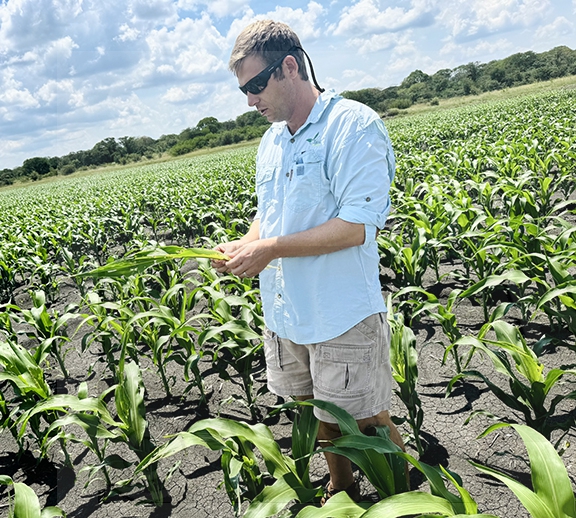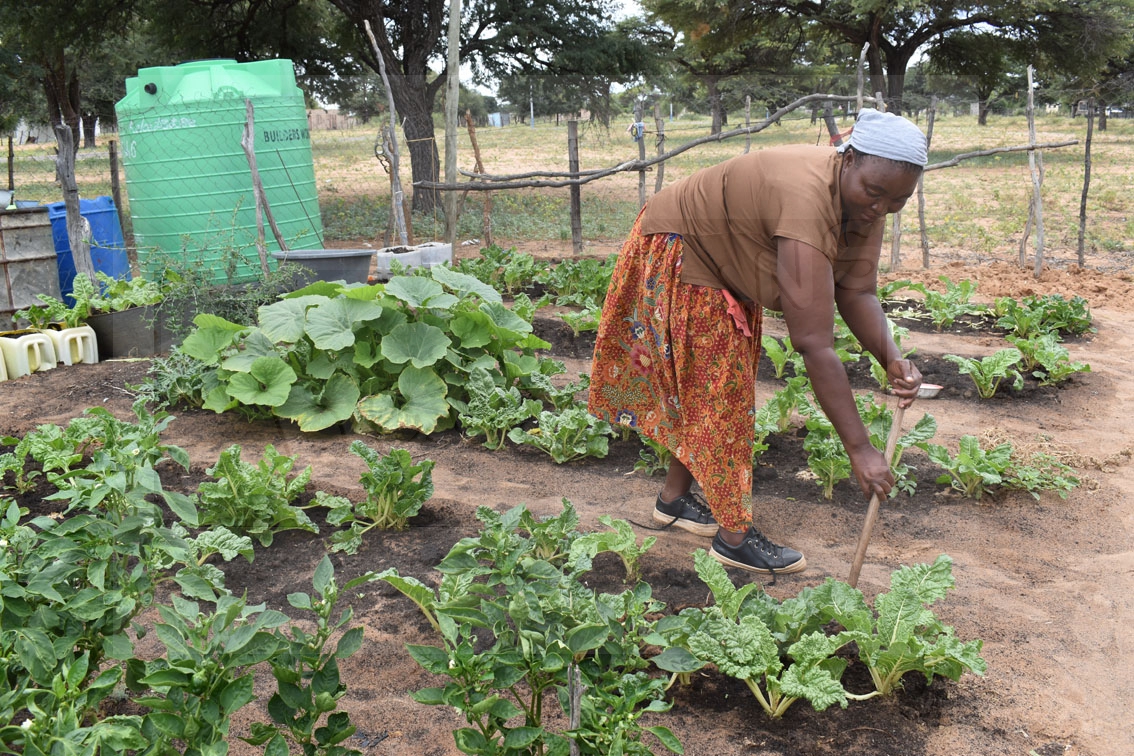Farming must be profitable - Lemcke
20 Sep 2024
Uncompromising environmental conditions in most parts of the country, high cost of livestock production and other necessities constitute challenges faced by livestock farmers.
“I wonder how the small and communal farmers are going to cope with the emerging challenges,” said Mr Rudy Lemcke of Lemcke Ranches in Ghanzi, Tuesday in Gaborone at a two-day Botswana Livestock Breeders Conference.
Mr Lemcke was presenting on “Sustainable Use of Genetic Diversity for More Efficient and Resilient Livestock Production in Our Climatically Challenged Conditions”, where he shared that to improve the quality of his beef cattle, he bought the best of what was offered in South Africa.
He said it was unfortunate to share that most of the bulls that he bought did not perform as expected. “We were almost wasting money,” said Mr Lamcke and continued that it was unfortunate to observe that even the best cows that were dominating agricultural shows, did not always produce offspring desired quality.
While not against buying cattle from other countries, he said it was important for a farmer to fully understand the genetic merits of what they were procuring in relation to the weather and climatic conditions of Botswana.
“I am not saying that I am right. Many people differ with me, but the surprising part is that they were now inviting me to come to their shows,” he said.
In order to overcome challenges and maximise productivity and profitability under the country’s challenging conditions, Mr Lemcke said it was essential to utilise cattle that had adapted to the environment.
He said a livestock producer must go for breeds developed to survive the semi-arid desert climatic conditions. “By breeding cattle that are well suited to the conditions of the region, farmers can improve resilience and productivity, ultimately leading to more sustainable and profitable beef production,” said Mr Lamcke.
He said there were some breeds developed purely for Botswana’s weather conditions such as the Simbra, Drought Master, Beef Master, Brahaman, Santa Gertrudis and Bonsmara, which were developed by combining the genes of some desired breeds well known for their growth and good quality beef with traits of resilience, thus producing a desirable animal.He said at Lemcke Ranches they were still doing a lot of cross breeding, even though it was against the trade in the world.
“I personally prefer cross breeding because I get the desired products since I combine the breeds of my desirable characteristics,” he said.He said in many parts of the world, cross breeding was no longer favourable because of its difficulty to manage but in Botswana, especially with the communal system, the practice was equally difficult to manage as a farmer would not be able to select the desired breeds to cross breed.
Mr Lemcke said cattle breeders must be in a position to select the right type of genes to breed with and sell quality cattle to commercial farmers adding that one of the key advantages of using adapted genetics in harsh conditions was that they were efficient and consumed less. He said previously, large frame animals were used for cross breeding and required more feed and more energy.
He said a good breeding cow must calf every year for the farmer to make profit, but one that calves every second year, only produced income every second year, while the cost of sustaining such an animal was double therefore, not sustainable.
Despite emerging challenges in livestock production and that the sector was now at crossroads, Mr Lemcke was confident that young farmers were in the right direction and were bound to grow the sector and run profitable businesses in cattle production.He said it was important to understand that farming was a business, therefore one must be devoted to it and make it profitable.
“You are not a top farmer by winning the grand champion of the show. You are a top farmer if your cattle pay your bills. You are a top farmer if your farming is an insurance for your future and that of your children,” said Mr Lemcke. Ends
Source : BOPA
Author : Moshe Galeragwe
Location : GABORONE
Event : Interview
Date : 20 Sep 2024






